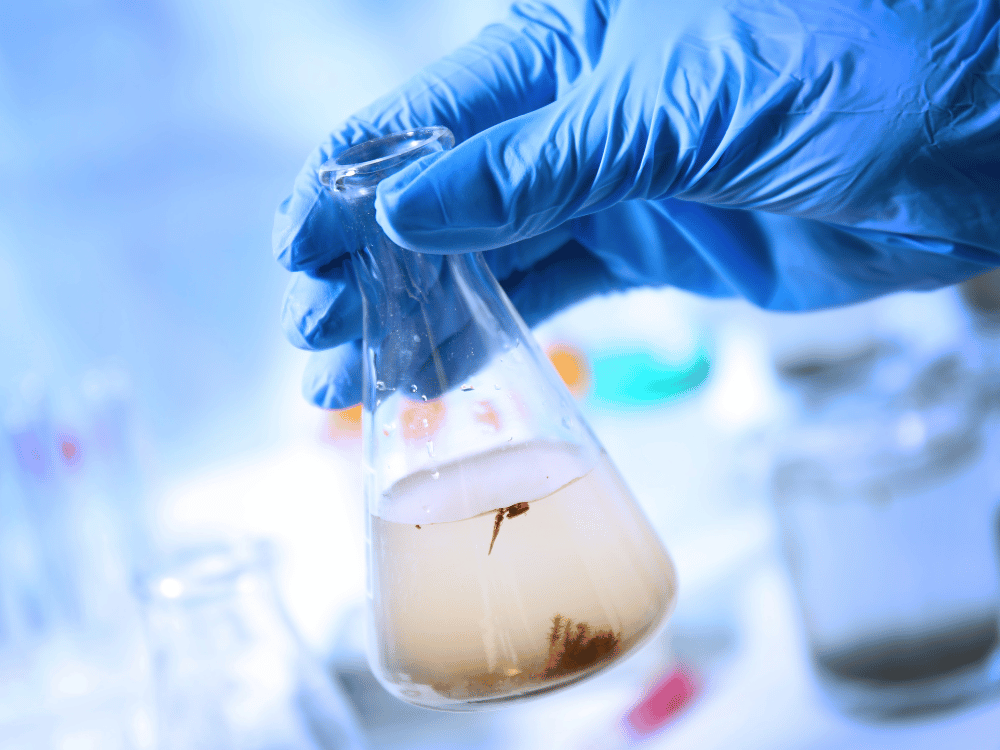Achieving healthy, radiant skin goes beyond skincare products and routines. The quality of water plays a significant role in our skin's health and appearance.
How Contaminants in Water Affect the Skin
Our skin, acting as a protective barrier, absorbs substances from the environment, including water. Unfortunately, water contains harmful contaminants that compromise skin health.
Chemicals like chlorine and fluoride, commonly added to tap water, can lead to irritation, dryness, and premature aging. Additionally, heavy metals such as lead and mercury can disrupt the skin's natural barrier function, resulting in issues like hyperpigmentation and acne.

Common Contaminants Found in Tap Water and Their Effects on the Skin
Chlorine, used as a disinfectant, strips the skin of its natural oils, causing dryness and irritation. Fluoride, another common additive, can disrupt the skin's pH balance and contribute to skin dryness and irritation, especially in sensitive individuals.
Arsenic, often found in groundwater, can lead to skin cancer and discoloration with prolonged exposure. Waterborne pathogens like Giardia and E. coli can cause skin infections and other water-borne diseases.
The Role of pH Balance in Skin Health and How Water Affects It
Maintaining the skin's natural pH balance is essential for healthy skin. Tap water, typically alkaline, can disrupt this balance, resulting in dryness and irritation. Acidic water, however, can help maintain the skin's pH and prevent post-shower skin issues.
Water Filters and Their Impact on Skin Health
Water filters remove contaminants from tap water and enhance its quality. Filters like activated carbon and reverse osmosis can remove chlorine, heavy metals, and other impurities.
Drinking clean water also has significant benefits for skin health, including improved hydration and reduced risk of skin problems like acne and premature aging.
How to Test Your Water Quality and What to Look For
Regularly testing water quality is crucial to identify issues. Factors to consider include pH level, presence of contaminants like chlorine and fluoride, and concentration of heavy metals.

Introducing the Life Sciences™ Reverse Osmosis Alkaline Water Purifying Generator, a state-of-the-art system that redefines water purification. This premium-quality, tankless technology-driven device removes up to 98% of contaminants, delivering mineralized alkaline water with over 40 scientifically proven health benefits. learn more
The five specialized filters ensure the removal of chlorine byproducts and heavy metals, while adjusting the water's pH to a basic level of up to 8 to 9. Backed by a lifetime warranty, the system also includes a bonus Borosilicate Glass Water Pitcher with Infuser, featuring the powerful "Flower of Life" ancient sacred geometry symbol.
Our commitment to quality meets value, making this investment not just a purchase but a choice that resonates with excellence. Purchase now to transform your water into a source of purity, alkalinity, and enduring quality. All this for only $597 – discover our low “Manufacturer to You Pricing”. Click here to learn more and make the best investment in your Children's health and future. As a reminder, all of our Life Science’s water systems are NSF Certified to Guarantee the quality of our filtration systems.
In conclusion, water quality is vital for maintaining healthy skin. By using water filters and drinking clean water, you can protect your skin from harmful contaminants and achieve a healthy, radiant complexion.

